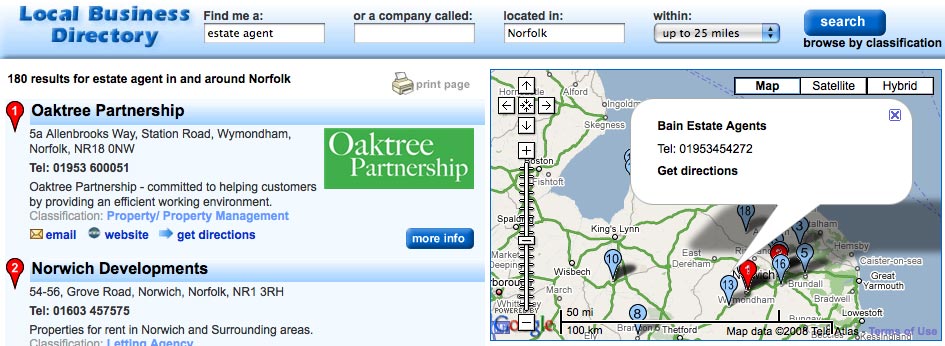1. How to use Twitter to build communities, cover your beat, instigate and engage in conversations.
2. How to use RSS feeds to gather news and manage them using filtering techniques (basic or advanced).
3. That there is a difference between link journalism and ‘cut and paste’ journalism (aka plagiarism).
4. That your readers are smarter than you think. In fact, many are smarter than you – they know more than you do.
5. That churnalism is much easier to spot online. If you do this regularly, your readers are already on to you – merely re-writing press releases without bringing anything to the table no longer cuts it.
6. Google is your friend. But if you are not using advanced search techniques, you really have no idea what it is capable of.
7. You do not have to own, or even host, the technology to innovate in journalism and engage your readers. There is a plethora of free or cheap tools available online, so there is no excuse for not experimenting with them.
8. Multimedia for multimedia’s sake rarely works, and is often embarrassing. If you are going to do it, either do it well enough so it works as a standalone item or do it to complement your written coverage – for example, add a link to the full sound file of your interview with someone in your article, or a link to the video of someone’s entire speech at an event. The latter will enhance the transparency of your journalism too. Great tips and resources here and some useful tips on doing video on a budget.
9. How to write search engine friendly journalism. Old school thinking about headline writing, story structure etc no longer applies online and there is also more to learn about tagging, linking and categorisation. Sub-editors (if you still have them), editors and reporters all need to know how to do this stuff.
10. Learn more about privacy. You can find a lot of information about people online, especially via social networking sites, but think carefully about the consequences. And bear in mind that it cuts both ways, if you do not do it carefully, your online research could compromise your sources.
Update: see Ten things every journalist should know in 2010

